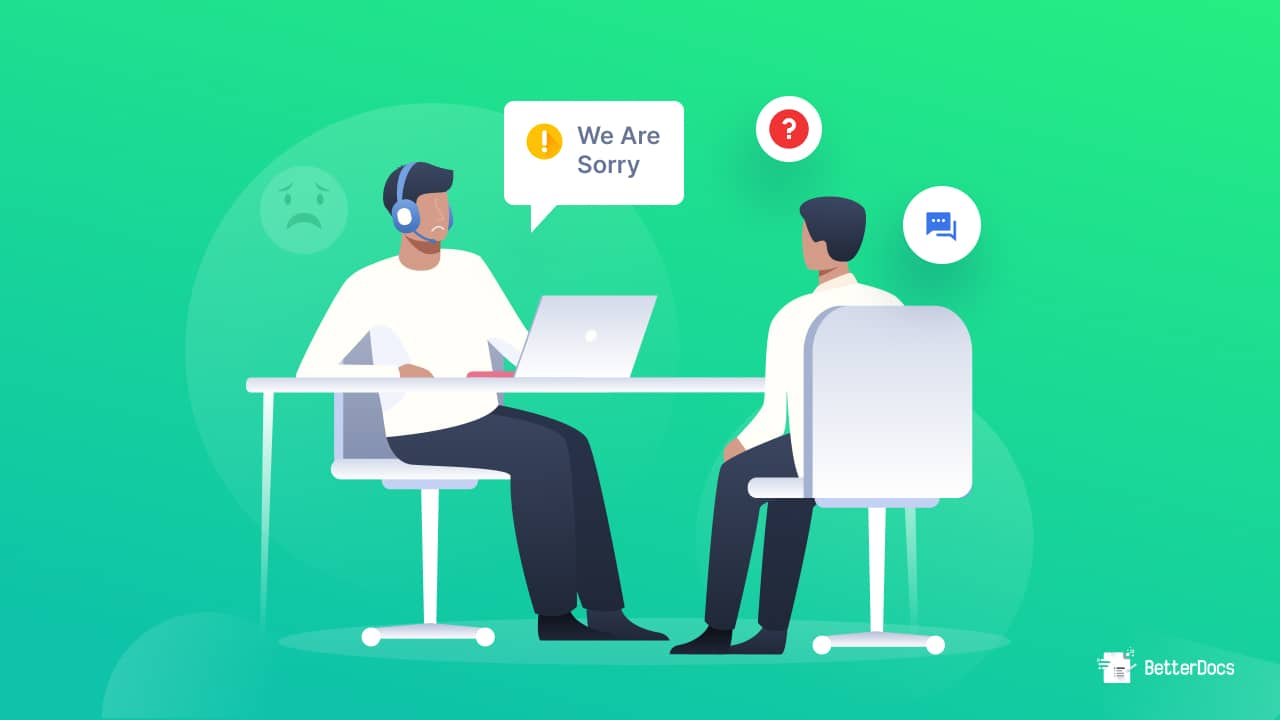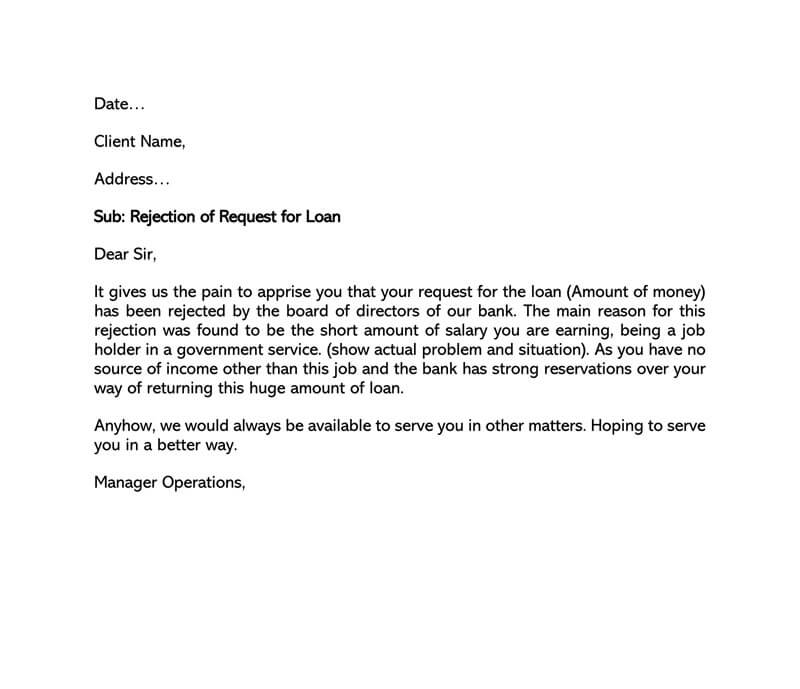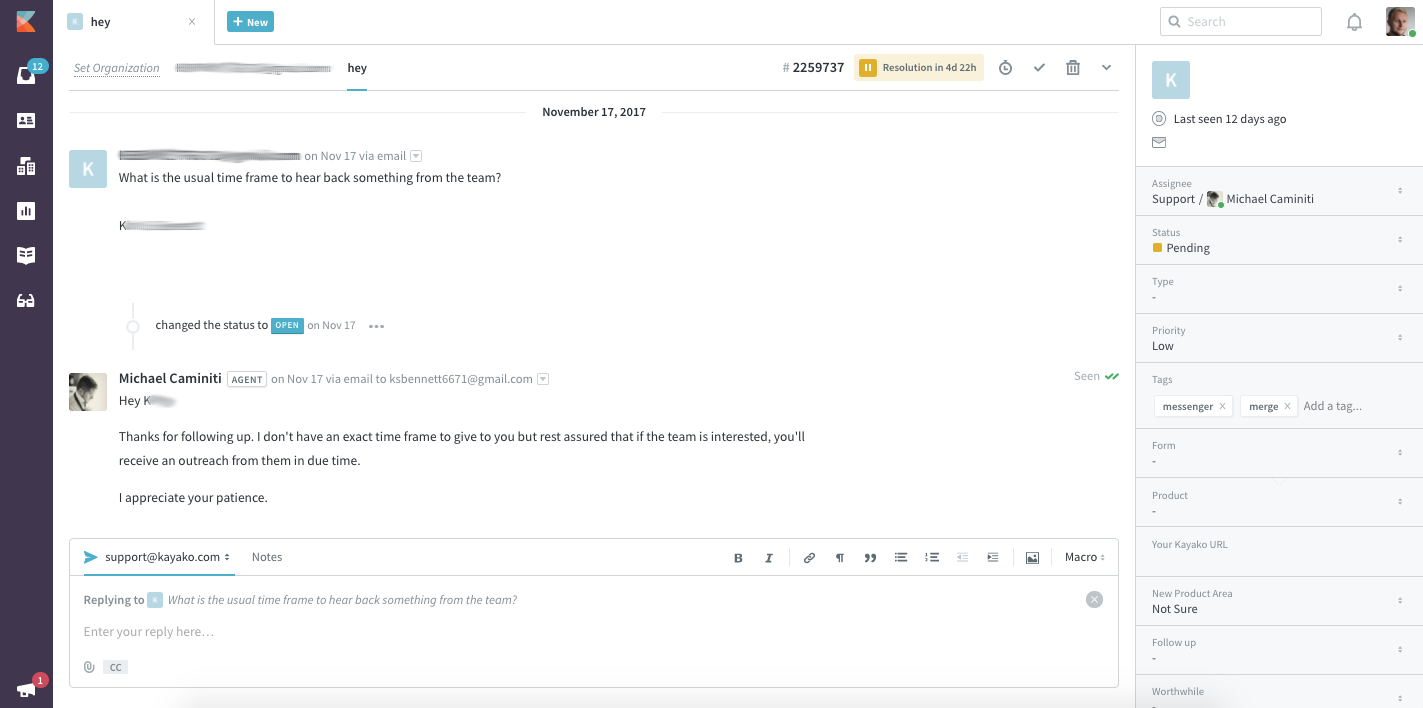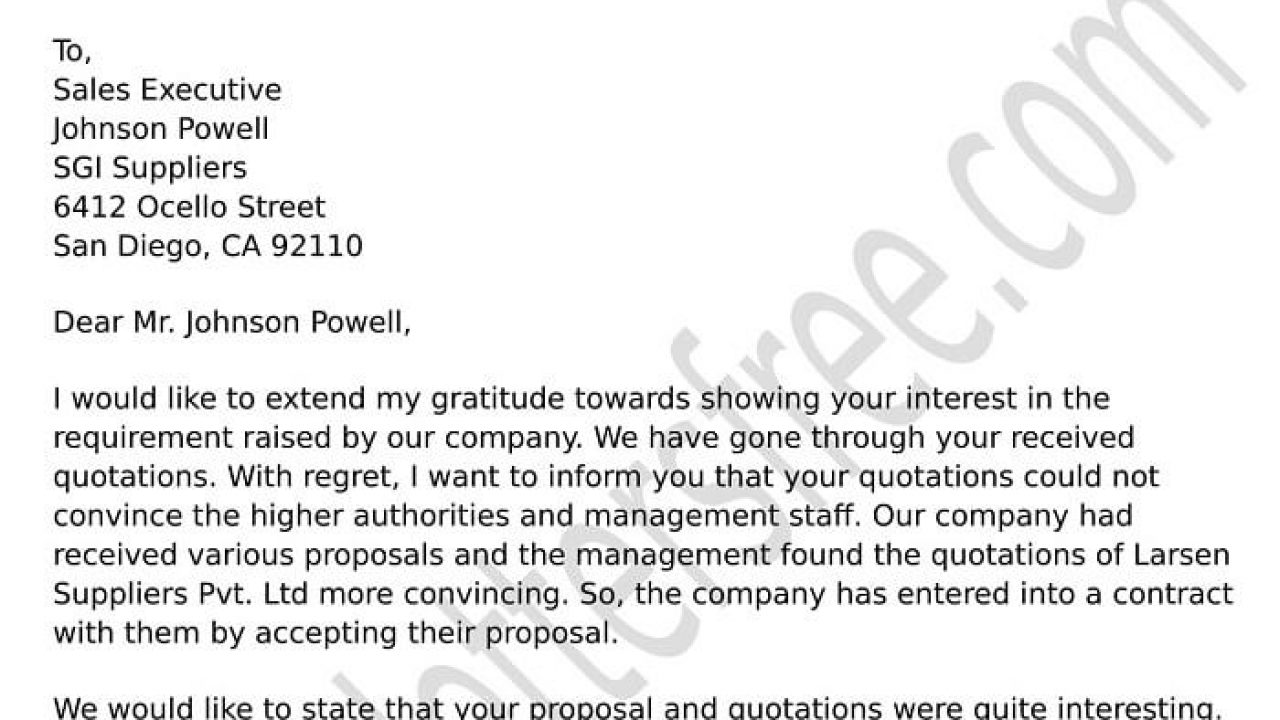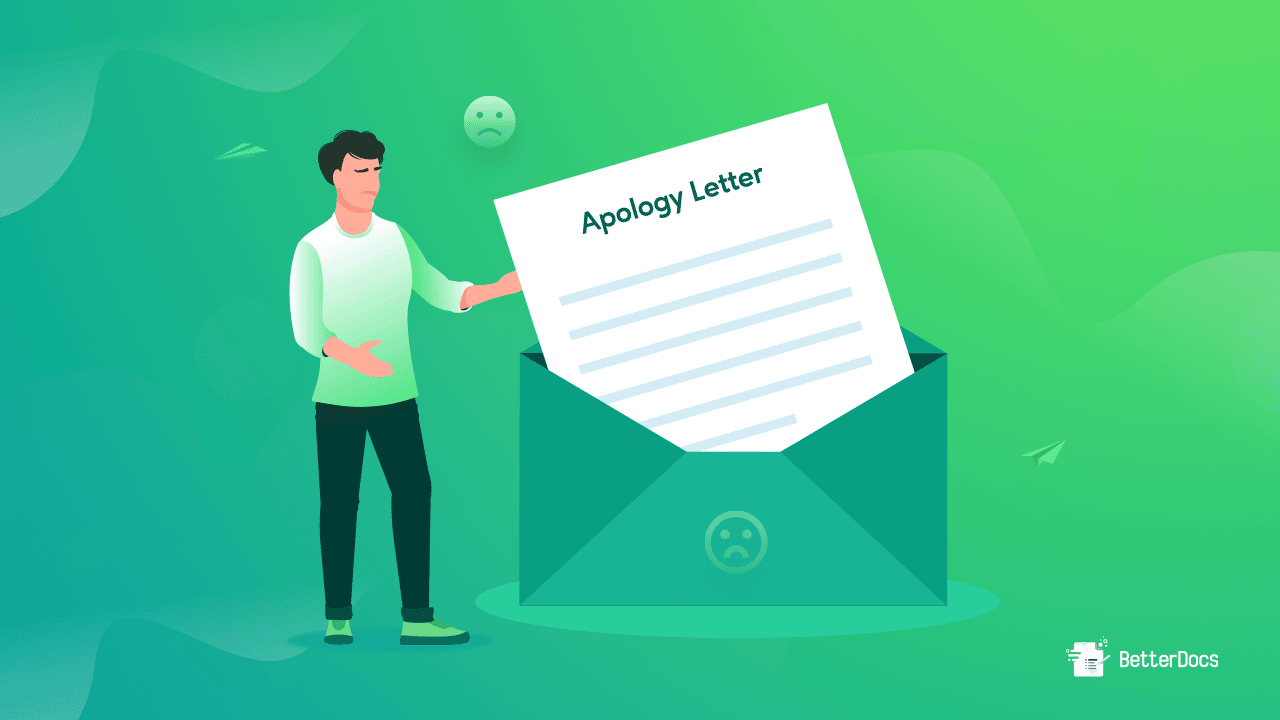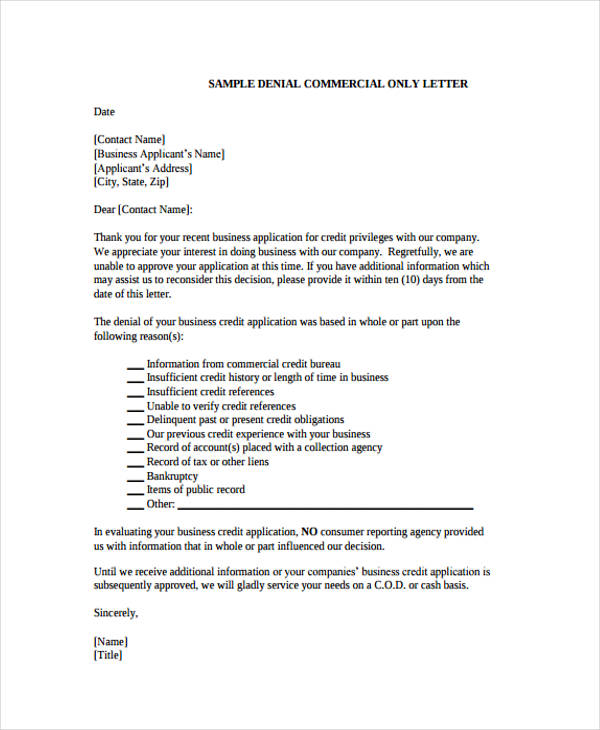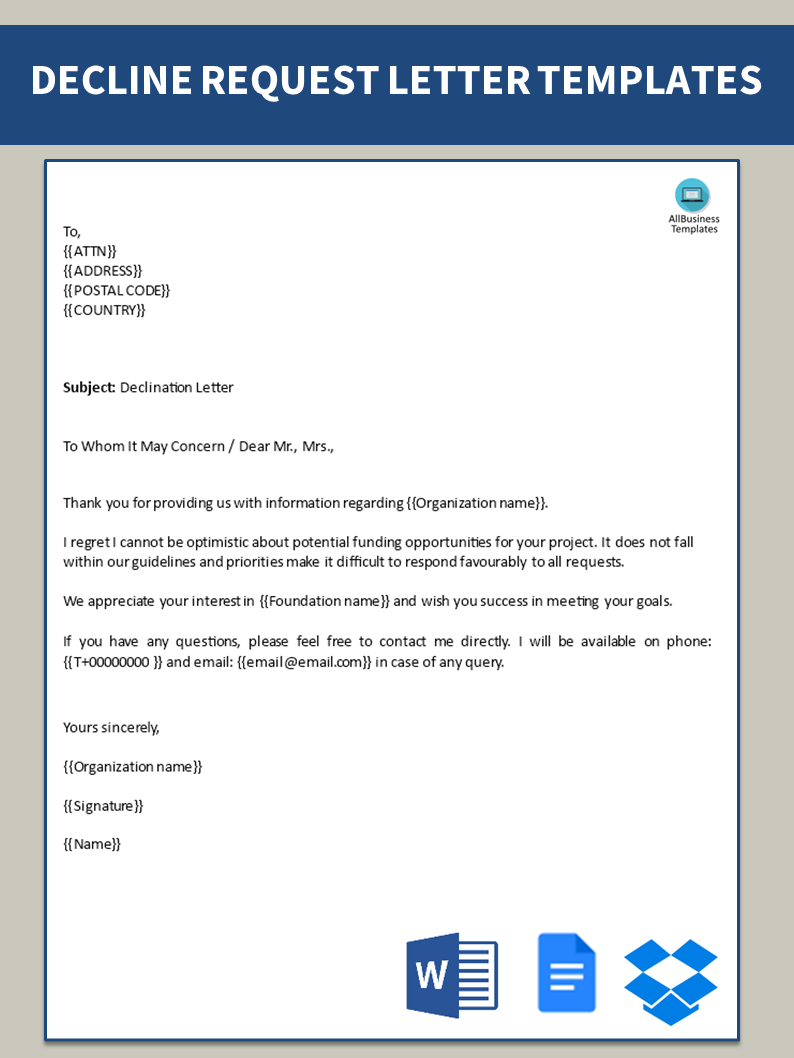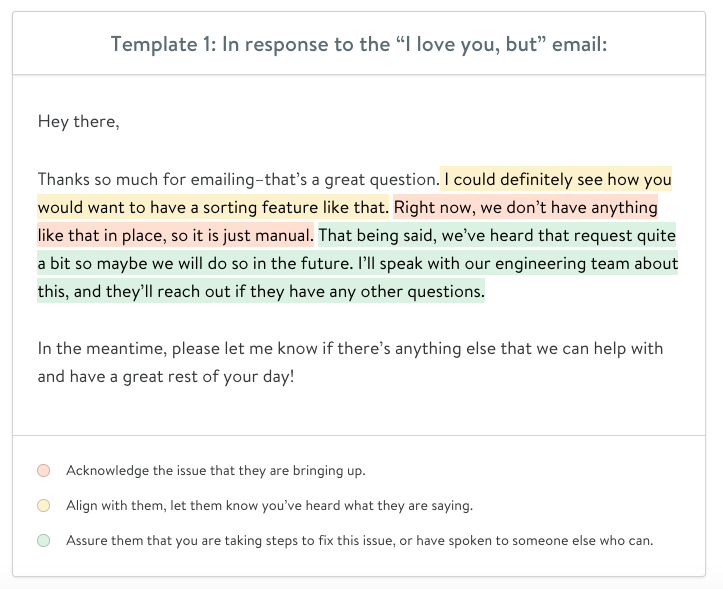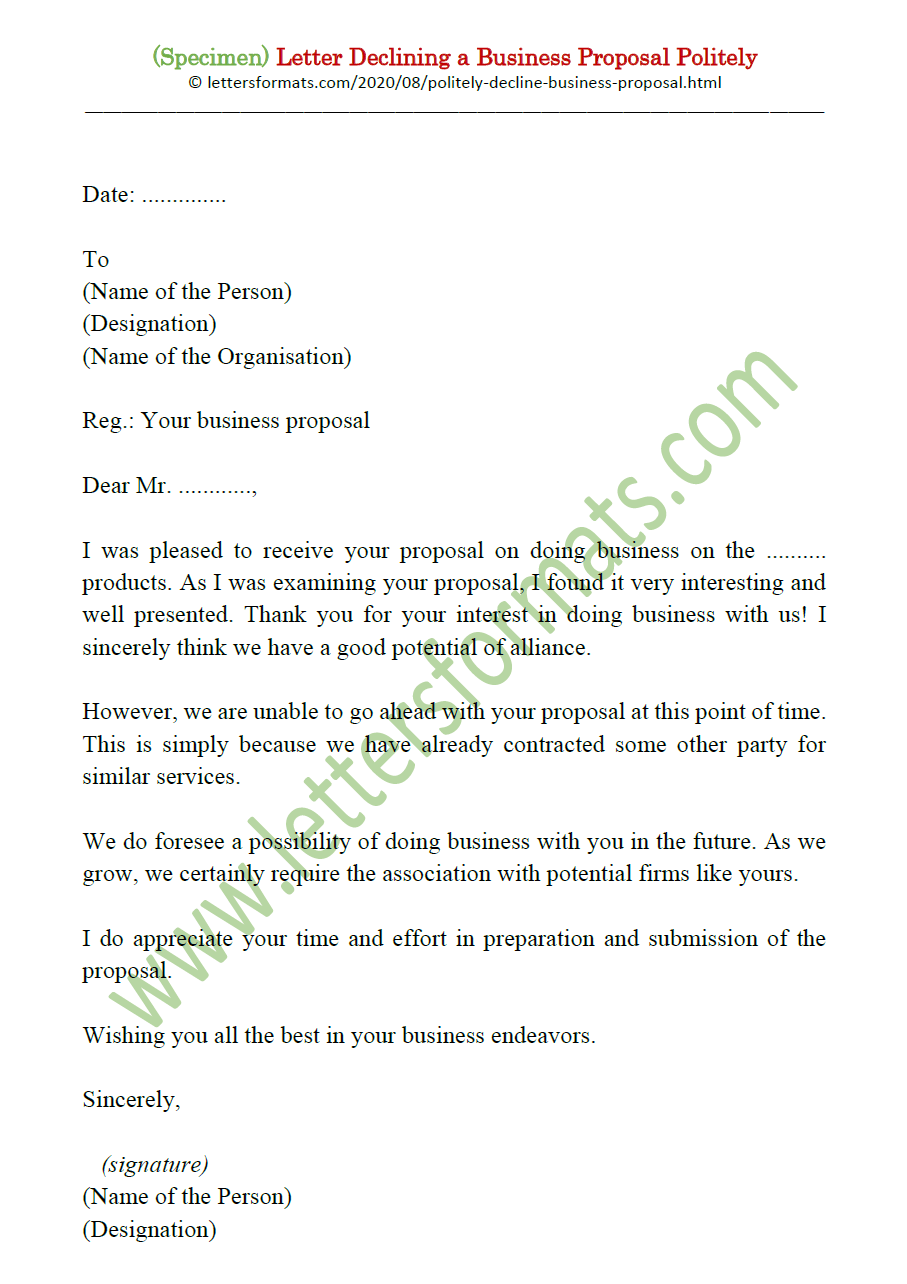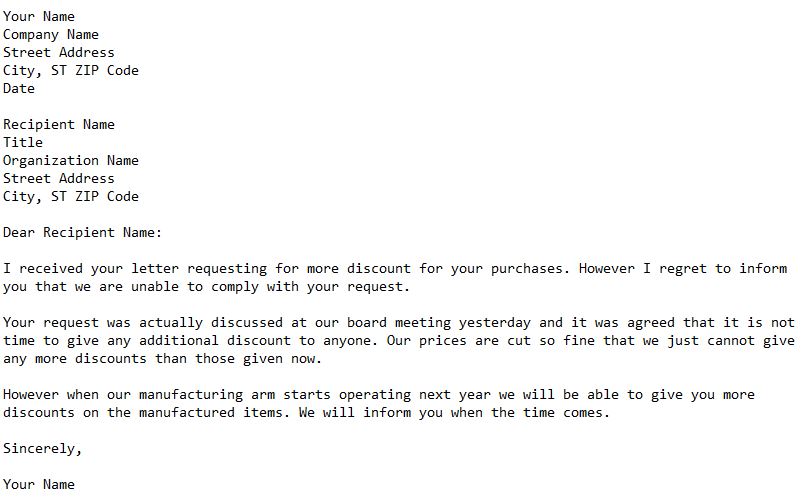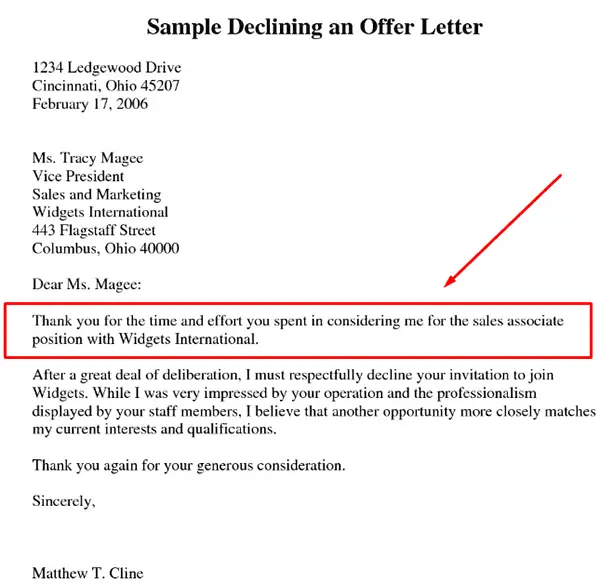How To Politely Decline A Customer Request
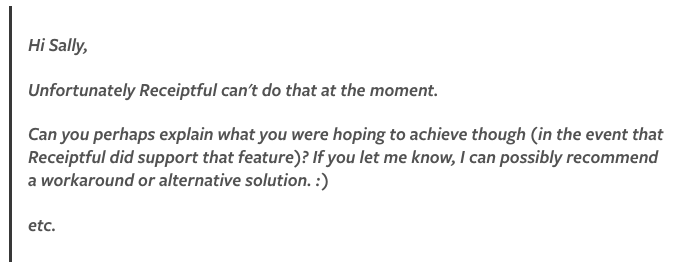
Customer service professionals face a daily tightrope walk: balancing customer satisfaction with business limitations. Mastering the art of the polite "no" is crucial for maintaining positive relationships without compromising company policy or resources.
This guide provides actionable strategies for declining customer requests with grace and professionalism, ensuring a win-win scenario even when immediate fulfillment isn't possible. It emphasizes empathy, clarity, and offering alternative solutions.
Understanding the Importance of Polite Refusal
Declining a customer request, if handled poorly, can quickly escalate into a negative experience. A study by Qualtrics XM Institute found that 79% of customers who share complaints online report being ignored.
This highlights the importance of addressing concerns, even when the answer is not what the customer wants to hear. It's about validating their feelings and showing you're actively listening and trying to help within the boundaries of what's possible.
Key Strategies for Saying "No" Politely
1. Acknowledge and Empathize: Start by acknowledging the customer's request and showing you understand their perspective. For example, "I understand you'd like to return this item outside of the standard return window."
2. Clearly State the Reason: Briefly and clearly explain the reason for the refusal. Avoid jargon and focus on the specific policy or limitation. Saying, "Our policy states items must be returned within 30 days," is much more effective than a vague explanation.
3. Offer Alternatives: Whenever possible, provide alternative solutions or options. Even if you can't fulfill the exact request, suggest something that addresses their underlying need. Can you offer a discount on a future purchase or expedite shipping on their next order?
Practical Examples and Scenarios
Scenario 1: Request for a refund outside the return window. "I understand you're requesting a refund, but unfortunately, our return policy states items must be returned within 30 days. While I can’t process a full refund at this time, would you be interested in a store credit, or perhaps we could help you find a similar item that better suits your needs?"
Scenario 2: Request for a feature not offered in a software package. "I appreciate you bringing this feature request to our attention. While it's not currently included in the basic package, it's something we're exploring for future updates. In the meantime, you might find that [alternative feature] offers a similar benefit. I can also forward your feedback to our development team."
Handling Difficult Customers
Some customers may react negatively to being told "no," even when delivered politely. Remain calm, professional, and avoid getting defensive.
Focus on restating the policy or limitation clearly and concisely. If the customer becomes abusive, calmly explain that you cannot continue the conversation if they continue to be disrespectful and escalate the issue to a supervisor.
The Importance of Training and Empowerment
Companies must invest in training their customer service teams on effective communication techniques and conflict resolution. Empowering agents to offer alternative solutions within reasonable parameters can greatly improve customer satisfaction.
According to a Harvard Business Review article, "The key to great customer service is not just about providing what customers expect, but about exceeding those expectations in a way that feels authentic and personal."
Providing scripts and clear guidelines can help, but agents should also have the autonomy to tailor their responses to individual customer situations.
Moving Forward: Continuous Improvement
Regularly review customer feedback and identify recurring requests that are frequently declined. This data can help inform policy adjustments or the development of new solutions to better meet customer needs.
By consistently refining your approach to polite refusal, you can transform potentially negative interactions into opportunities for building customer loyalty and trust. Remember: a well-handled "no" can be just as valuable as a "yes".
